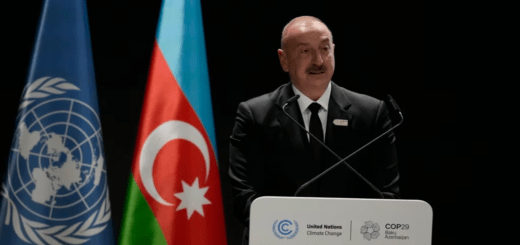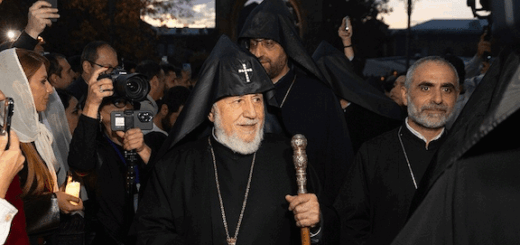Oval Office rendezvous: a win for Erdoğan, a loss for Turkey

Turkish President Recep Tayyip Erdoğan’s recent White House visit marked a critical turning point in Turkey’s decade-long drift toward a Middle Eastern–style autocracy. The backstory, revealed by main opposition leader Özgür Özel, shows how the Oval Office meeting was secured. Erdoğan arranged it through a secret meeting with Trump’s son, Donald Trump Jr., offering as leverage a massive Boeing deal. Turkish Airlines announced on Friday, one day after Erdoğan’s visit, a deal to buy up to 225 Boeing jets. It was less diplomacy than a textbook case of transactional politics, almost resembling a commercial bribe.
Another sign of this authoritarian trajectory came from US Ambassador to Turkey and Special Representative for Syria Tom Barrack at the Concordia Summit. In unusually blunt terms, he said Turkey is “a democracy, but it’s kind of authoritarian,” stressing that Erdoğan’s greatest need was legitimacy and that Trump is cleverly providing it. The message was clear: Erdoğan’s regime now seeks validation not from its people, but from powerful patrons abroad.
Equally telling was the silence surrounding Erdoğan’s repression of his opponents and critics at home. Neither American nor Turkish journalists raised questions about imprisoned opponents, silenced media or the collapse of judicial independence. This absence of scrutiny made Erdoğan’s Washington reception resemble that of a Gulf monarch rather than a NATO ally.
Another striking parallel with Middle Eastern rulers was the gap between rhetoric and action. Erdoğan devoted 26 of his 36 minutes at the UN podium to the tragedy in Gaza, yet remained silent on the issue in the Oval Office. No journalist pressed him, either. The fiery speech for domestic audiences evaporated into quiet pragmatism in front of Washington power.
When Trump demanded that Turkey stop buying Russian oil and gas, Erdoğan offered no resistance. Worse still, Trump mockingly pointed to him, saying Erdoğan “knows about rigged elections better than anybody.” Erdoğan absorbed the insult in silence. When earlier in the week Secretary of State Marco Rubio dismissed Erdoğan in a Fox TV interview due to Erdoğan’s criticism of Trump for his failure to end wars in Gaza and Ukraine, saying that world leaders, including Erdoğan, were “begging” to meet with President Trump during their visits to Washington, Ankara’s response was not indignation but a meek correction about translation. Erdoğan’s communications office in Washington said Erdoğan’s remarks were mistranslated and were meant as praise for Trump’s efforts to end war.
For over a decade, Turkey has dismantled the rule of law, silenced dissent, subordinated the judiciary and built a security state resembling the mukhabarat-style intelligence and security apparatus as seen in the Arab world. At home, the regime thrives on fear and control; abroad, it now seeks legitimacy through photo-ops and billion-dollar deals.
This White House visit has exposed a troubling reality: The same Atlantic alliance that once fostered Turkey’s transition to multiparty democracy is now complicit in legitimizing its slide into autocracy.
The question could not be more urgent: Will Turkey continue as a democracy deriving legitimacy from its people, or will it cement its place among the authoritarian regimes of the Middle East?





